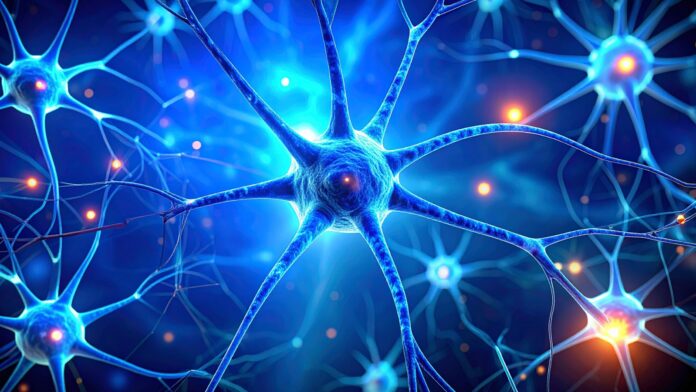New Delhi, Aug 28 (IANS) – A new study has found that brain cells subjected to constant overactivation over extended periods may degenerate and eventually die — a process that could help explain what goes wrong in the brains of people with Parkinson’s disease.
While scientists have long known that a specific group of neurons progressively die in Parkinson’s, the exact reason behind their vulnerability has remained unclear.
The latest research, published in the journal eLife, demonstrates in mice that prolonged activation of dopamine neurons can directly lead to their degeneration and death.
The researchers suggest that in Parkinson’s patients, such chronic overactivation could be driven by a mix of genetic predispositions, environmental toxins, and the brain’s attempt to compensate for already damaged or lost neurons.
“An overarching question in the Parkinson’s research field has been why the cells most vulnerable to the disease die,” said Ken Nakamura, investigator at Gladstone Institutes in the US. “Answering that question could help us understand why the disease occurs and point toward new treatment strategies.”
Parkinson’s disease currently affects more than 8 million people worldwide. It is a degenerative condition of the brain that causes tremors, slowed movement, stiff muscles, and difficulties with walking and balance.
In the study, Nakamura’s team introduced a receptor into the dopamine neurons of mice that enabled them to artificially boost the cells’ activity by adding a drug to the animals’ drinking water. This resulted in chronic overactivation.
The effects appeared rapidly: within days, the animals’ normal day-night activity cycles were disrupted. After a week, degeneration began in the axons — the long projections extending from dopamine neurons. By one month, the neurons themselves were dying.
Molecular analysis revealed that overactivation disturbed calcium balance within the neurons and altered the expression of genes tied to dopamine metabolism.
When researchers compared these findings to brain samples from patients in the early stages of Parkinson’s, they found striking similarities. Genes linked to dopamine processing, calcium regulation, and stress responses were notably reduced, mirroring the changes seen in the mice.










